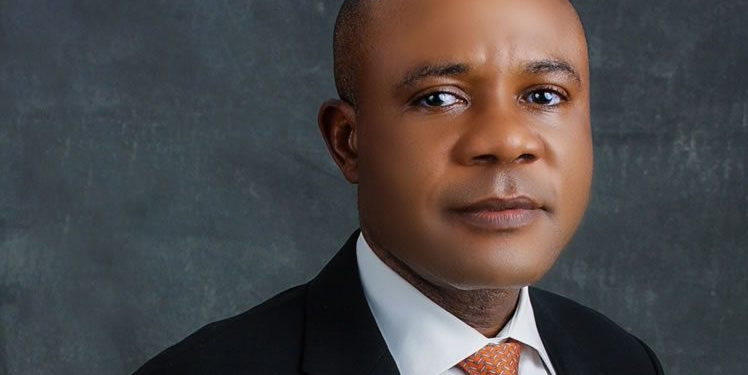The Enugu State government is embarking on an extensive review of existing state laws and the creation of new ones. This initiative is a crucial step towards establishing the state as the top choice for investment.
This effort also seeks to mitigate risks and expand the range of investment opportunities available.
Accordingly, Governor Peter Mbah’s administration is committed to the establishment of integrated smart schools in every one of the state’s 260 wards.
This visionary approach seeks to transform educational institutions into centres for skill development rather than just social service providers.
The state’s attorney-general and commissioner for justice, Dr Kingsley Udeh, and the commissioner for education, Prof Ndubueze Mbah, who briefed newsmen at the end of the State Executive Council meeting at the weekend, urged investors to take advantage of the newly signed Enugu State Electricity Law 2023.
Udeh said the State Executive Council resolved to embark on massive law reviews to make the state more investment-friendly.
- “Enugu State is set to be the choice destination for both foreign and local investments. To ensure that this is projected and that this is done bullishly, the Enugu State Government is working on reviewing various laws that deal with investment, trade, and industry.
- “The Enugu State Electricity Law, 2023, which came into being today, will open the Enugu electricity market to both foreign and local investors in the energy industry to boost power generation, power transmission, and distribution. This will in turn support our industry, support our business activities, and boost our economy. We are calling on the investors to take advantage of the opportunities arising from this law.
- “But we are also keen on law reviews and justice administration with the understanding that the justice system is actually one of the key indicators as far as investment and business are concerned.
- “We are aware that investors will always look for where the judicial system is strong enough. They want to be sure that if a dispute arises from business to business or business with the government, they would get quick dispensation of justice and that justice when given in the form of judgment would be obeyed and enforced. This is what the government is working on,” he said
More on the Story
Speaking further, Dr. Udeh emphasized that the administration is undertaking a comprehensive digitization of the judiciary, encompassing processes from the filing of cases to the final decision-making stage.
The overarching goal of this digital transformation initiative is to streamline and expedite the judicial process. In the past, it often took the courts five to seven years to resolve cases.
However, with these technological advancements, the aim is to significantly reduce this timeline, allowing for the resolution of cases within a year or even less.
This forward-looking approach to modernizing the judiciary reflects the commitment to efficiency and timely justice delivery in the state.













